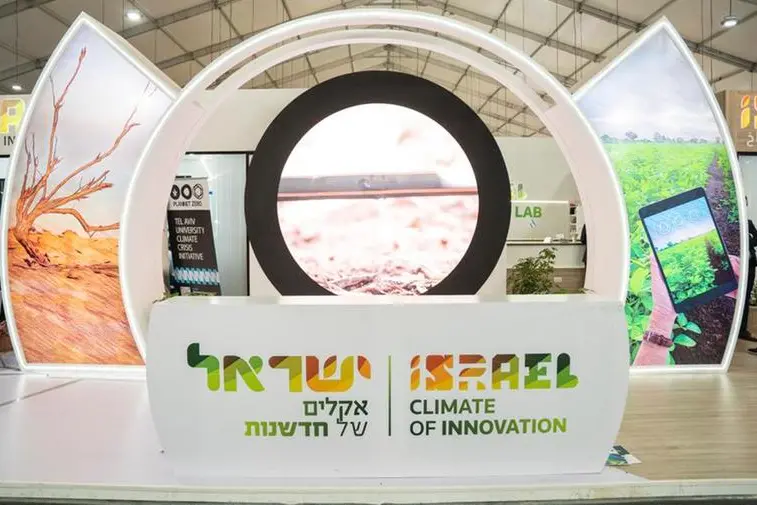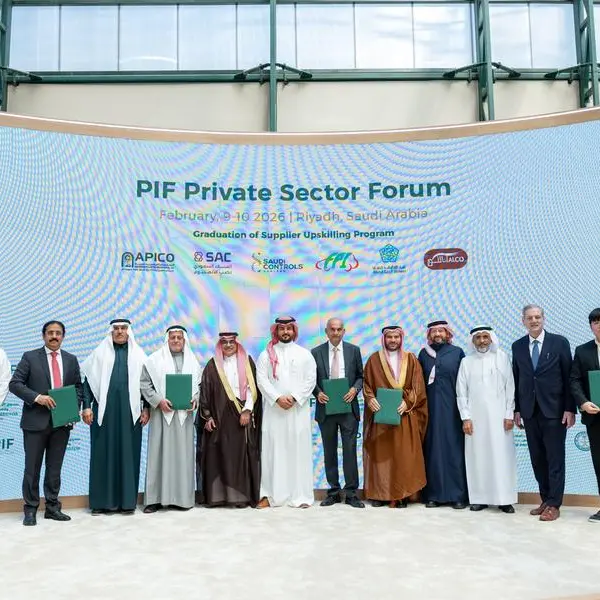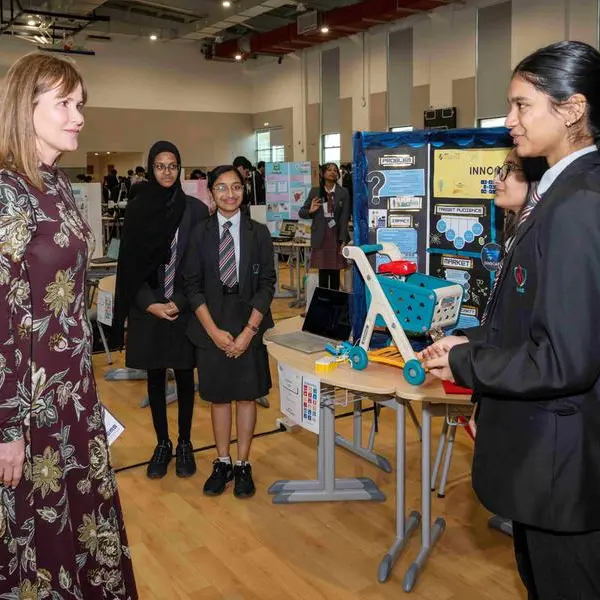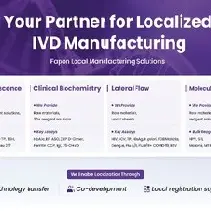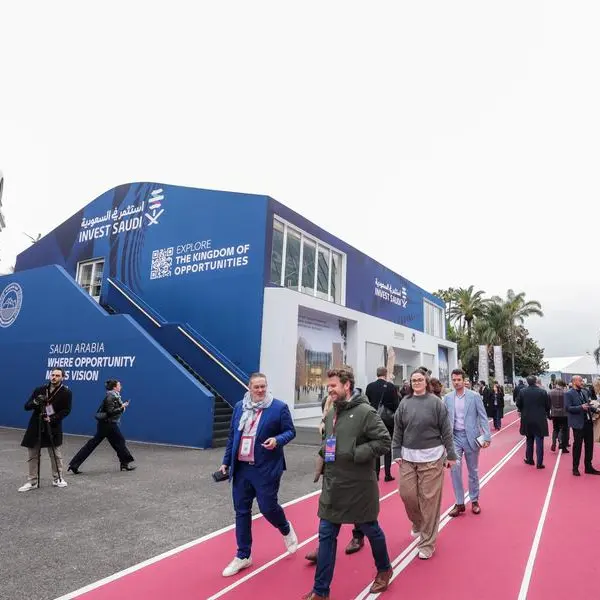PHOTO
The DeserTech Community will present at the Sharm el-Sheikh climate conference the “DeserTech Marketplace”, offering an opportunity for countries and companies around the world to connect to the Negev’s vibrant Desertech innovation ecosystem containing dozens of startups, leading academic and research institutes, technological accelerators and desert farmers, offering opportunities to develop, test and adapt new solutions for this growing global challenge.
The main event will take place on Thursday, November 17, 2022, between 16:00-17:30 at the Israel pavilion in Zone B and will be hybrid
Desertification is expanding around the world. It is no longer a problem among arid countries dealing with droughts. Italy, Poland, southern France, Australia, California and many other regions understand today that the phenomenon of desertification is spreading and has reached them as well. In light of the erosion of the soils and the extreme climate, these countries are looking to the Israeli Negev, which for years has been a fertile ground for research, development and technological experiments, and serves as a hub of knowledge and innovation in the heart of the desert.
The main event, which will be held in collaboration between the DeserTech Community and the UN Desertification Convention (UNCCD), will present a unique marketplace offering a one-stop-shop for any country or company in the world that seeks to tap into the vibrant Negev ecosystem. The ecosystem consists of dozens of academic and research institutes, groundbreaking startups, hundreds of expert desert farmers, corporations, accelerators and technological incubators. The goal is to make this unique knowledge and expertise available to countries around the world, in order to develop, test, adapt, and expand technological solutions to make life in arid regions better and more sustainable.
The main event will be attended by Louise Baker, Executive Director of the Global Mechanism in the UN Convention against Desertification (UNCCD), Sivan Cohen Shachari – Director of the DeserTech Community, Rotem Shamay, Head of Strategy and Innovation Unit at the Ministry of Environmental Protection of Israel, Orit Herstig-Cohen, CEO of Dead Sea and Arava R&D, Dorit Bennett, CEO of Eilat-Eilot Renewable Energy, Founder of the Adaptation Center Off-Grid, Prof. Hadas Maman, Head of the Environmental Engineering Program and the Water Energy Laboratory at Tel Aviv University, co-founder of the start-up company SOLED and Rafi Sela, CEO of the start-up company DOTS.
DeserTech is a non-profit innovation community that promotes the development, adaptation, and commercialization of technologies that enable sustainable living in arid climates, while transforming Be'er Sheva and the Negev region into a global entrepreneurship center for these technologies. DeserTech is a joint initiative of the Merage Foundation Israel, the Israel Innovation Institute, the Ministry of Environmental Protection, and Ben-Gurion University.
Sivan Cohen-Shahari, Director of the DeserTech Community: "With the establishment of the Desertech Community more than two years ago, we have seen that the Negev's unique resources can be a jumping-off ground for Israeli and international technology companies to explore their groundbreaking solutions in accordance with the arid climate and global desertification challenges. DeserTech promotes regional cooperation with many countries, sharing practical and technological solutions to the climate crisis and seeking to position the Israeli Negev at the forefront of the global effort to combat and adapt to desertification. As part of our participation in the COP27 climate conference, we seek to offer the advantages of the Negev to countries around the world, currently dealing with extreme climates, soil erosion and acute water shortages, and no less so to countries that will face these challenges in the coming years."
Nicole Hod-Stroh, Executive Director of the Merage Foundation Israel: "The Merage Foundation Israel has been working for 20 years to develop and promote the Israeli Negev. As early as 1955, David Ben-Gurion said that the Negev would be put to the test of the creativity and pioneering of the Jewish people. Today, more than ever, the Negev is becoming a global center of desert entrepreneurship that offers countries and companies around the world the opportunity to cooperate with an international hub for adapting technologies to cope with and adapt to the changing climate. The role of philanthropy in tackling climate change is critical in accelerating the development of these solutions and in using our ability to encourage and create synergies between the major global actors. We are honored to lead this initiative together with our great partners and present it to the world at COP 27."
Dr. Jonathan Menuhin, Director General of the Israel Innovation Institute: "The fight against desertification and dealing with drought are not just a local-Israeli problem, but a widespread phenomenon of global significance. From severe famines in Africa to droughts in northern Italy, threatening ancient vineyards and olive harvests. Everyone already understands that preparations must be made for desertification and rainfall shifts. Sometimes the need becomes an advantage, and Israel has been a leader in the development of meaningful research and technological advancements for managing desert agriculture. All these can serve as a lever to support companies from all sectors relevant to the desert: agriculture, infrastructure, energy, and water. The Desertech Community will support these companies and develop the Negev and the Be'er Sheva region economically and business-wise.
We, at the Israel Innovation Institute, seek to create value for Israeli and international entrepreneurs, in a variety of activities that address global challenges. The collaboration with the UNCCD is a great example of this. Addressing food security challenges in Africa, promoting entrepreneurs from Israel and also from other countries to cope with these challenges, and also promoting the economic development of Israel as a support center for technology adaptation. Win-win”.
Rotem Shamay, Director of Strategy and Innovation, Ministry of Environmental Protection: "The climate crisis poses many challenges for humanity, including dealing with life in a desert environment and desertification. The key to addressing these challenges involves technology, innovation, and cross-border and cross-sectoral collaborations. We propose to harness the advanced experience and capabilities of the State of Israel to deal with the climate crisis and the consequences of policies and communities around the world. With the Marketplace developed in the DeserTech Innovation Community, we will promote Israeli innovation, position Israel as a global center for sustainable solutions, and turn the challenge into an opportunity".
-Ends-
About Israel pavilion, COP27 Sharm El sheik
Spearheaded by the ministry of foreign affairs and the ministry of Environmental Protection the Israel pavilion at COP27 is a place of innovation and technology. The pavilion showcases some of the latest technologies that help fight climate change, and promote sustainability. The pavilion is designed as an open space where COP 27 participants are encouraged to attend events happening at the pavilion and experience the latest technologies in the environment tech industry.
